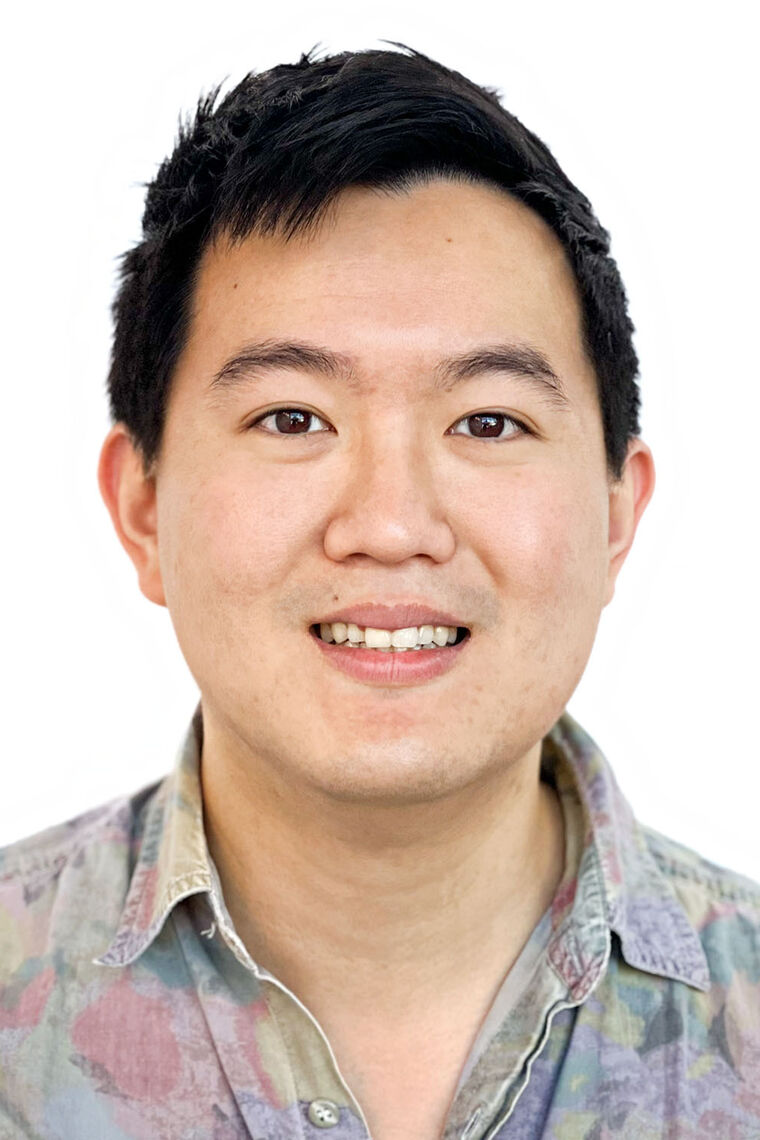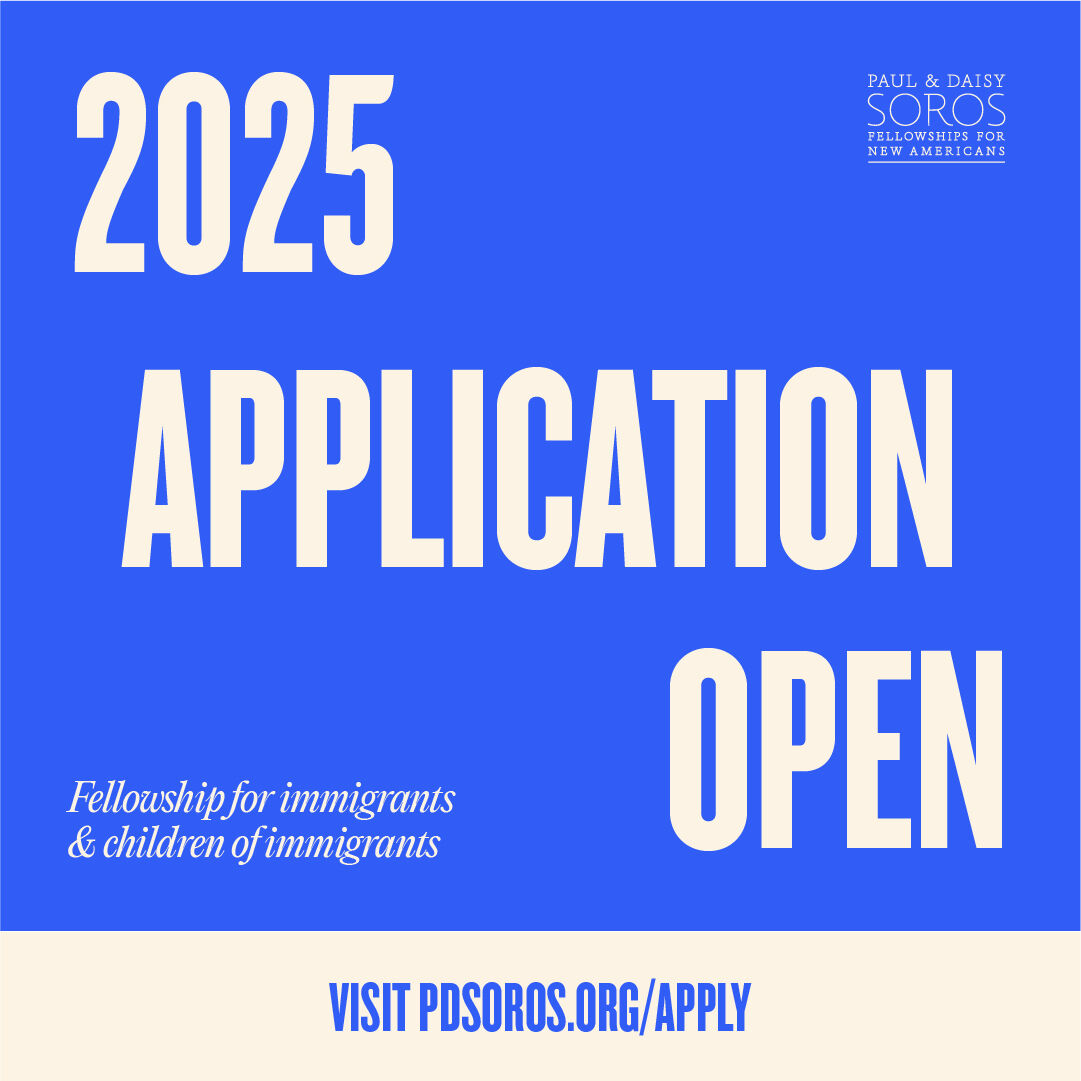Andrew Lu was born in Tainan, Taiwan but has moved around all his life, spending his formative years across Taiwan, Canada, and the United States. Frequently moving around has made him comfortable with change, something that Andrew believes is reflected in his winding career trajectory. In high school, Andrew founded his high school’s computer science club and dreamed of becoming a software engineer, leading him to attend UC Berkeley.
After a personal encounter with disease, and a serendipitous introduction to science, Andrew became increasingly drawn to biology and medicine. These events led to Andrew dropping out of college after sophomore year. He started working full time in a biology laboratory and helped co-author a paper on mechanisms of cancer recurrence. This experience confirmed Andrew’s interests in biology, and he decided to return to Berkeley. Back in school, Andrew helped develop a method to identify the set of proteins that control how genes turn on in health and in disease. After graduation, he co-authored a manuscript at UCSF using high-resolution, single-cell methods to perturb and study cells of the human immune system.
Today, Andrew is a MD-PhD student at the David Geffen School of Medicine at UCLA and Caltech, respectively. In medical school, Andrew developed a computational method to understand how our DNA can make us more susceptible to diseases. With collaborators, Andrew applied this method to two other studies to understand genetic contributions to lupus and other diseases.
Since starting his PhD in biology at Caltech, Andrew has joined the synthetic biology laboratory of Michael Elowitz. While biology is traditionally concerned with studying life as it naturally exists, synthetic biology seeks to extend biology by creating brand new, artificial behaviors that have never existed before. In the Elowitz Lab, Andrew contributed to a project characterizing a synthetic genetic circuit that allows cells to control their own population size, a process known as quorum sensing. Andrew’s main project in the Elowitz Lab is to build synthetic signal processing modules that allow detection of therapeutically relevant disease signals. Andrew’s career goals are to combine his training in medicine and science to build a new generation of therapeutics leveraging recent advances in synthetic biology and oncology.

